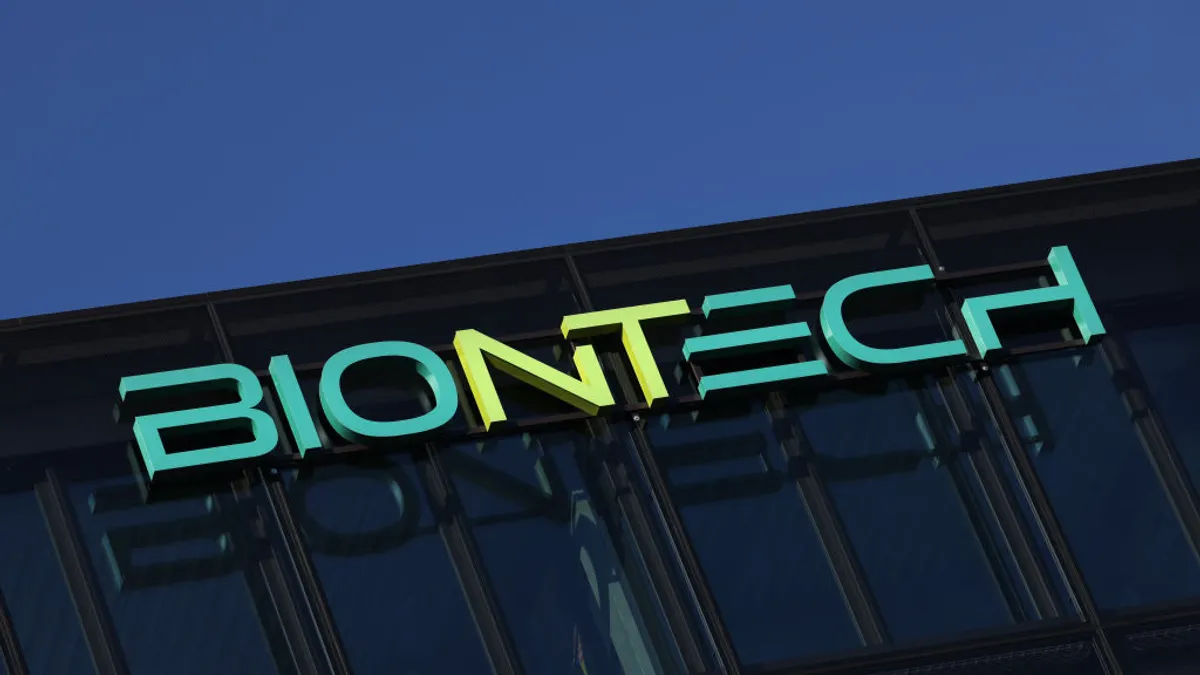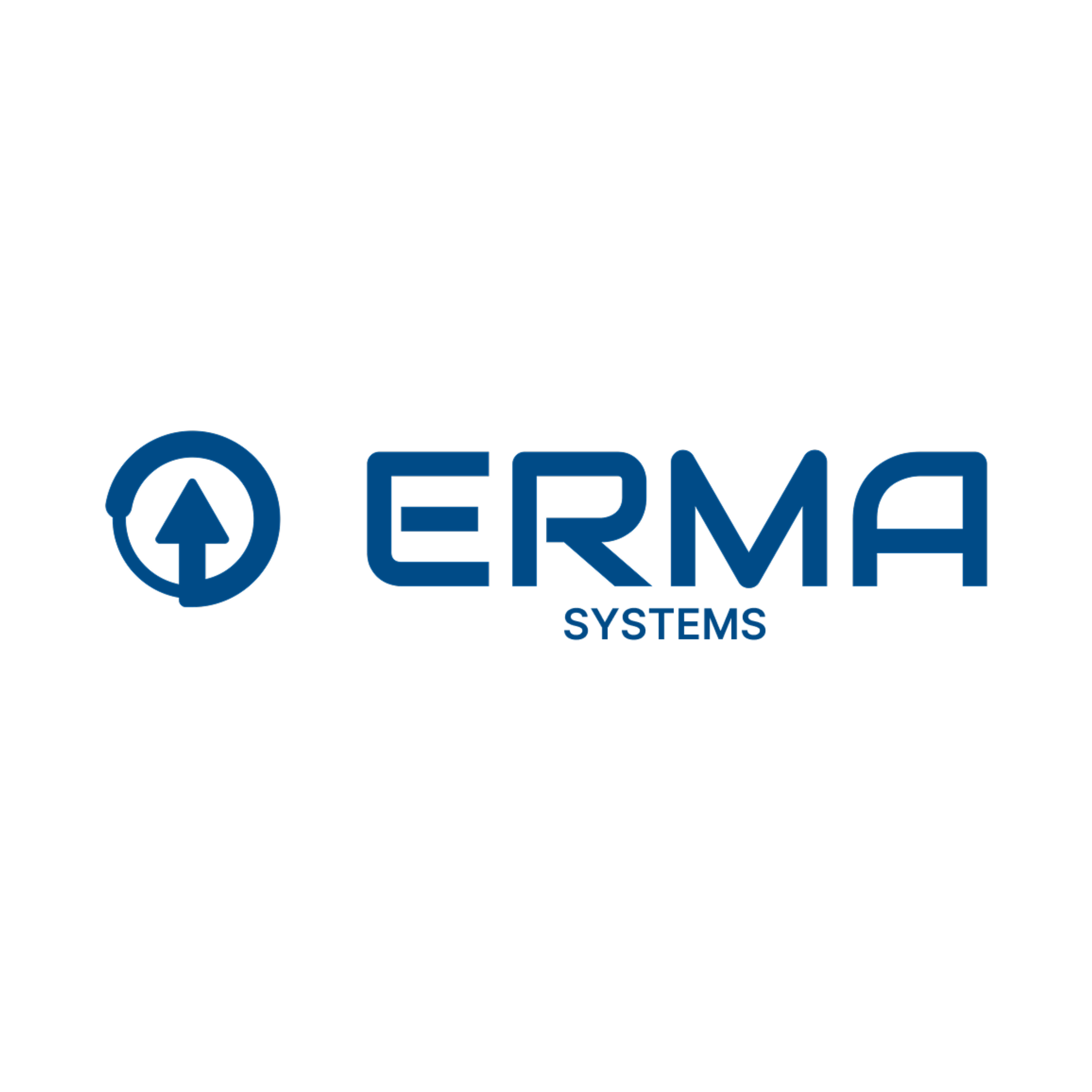Bristol Myers Squibb is making sure it won’t miss out on a new type of cancer immunotherapy that’s drawn immense industry interest, announcing Monday an alliance with BioNTech on a bispecific antibody the German biotechnology company is developing.
Dubbed BNT327, the antibody drug takes aim at two proteins — PD-L1 and VEGF — that are among the most important cancer drug targets of the past two decades. Medicines that take aim at one or the other have been some of the best-selling pharmaceutical products over that time.
A wave of drugmakers are experimenting with a new approach that simultaneously hits both proteins with one “bispecific” molecule. This investment was galvanized by the success of a drug called ivonescimab, which last year outperformed Merck & Co.’s dominant immunotherapy Keytruda in a head-to-head Phase 3 lung cancer trial. While there are caveats to that finding, the results electrified the oncology field, which in the decade since Keytruda’s first approval had never seen the Merck drug bested in that way.
Ivonescimab’s developers, Akeso and Summit Therapeutics, lead a development race that includes Pfizer, Merck, a scattering of other biotechs and, now, Bristol Myers.
The oncology giant will pay BioNTech $1.5 billion upfront to partner on BNT327. The companies will jointly develop the drug and, should it win approval, commercialize it together as well. Each will hold the right to develop BNT327 independently in settings other than those cancers the drug is already being tested in.
Bristol Myers has also agreed to pay an additional $2 billion in non-contingent “anniversary” fees through 2028.
"We look forward to partnering to accelerate existing clinical trials and time to market, while expanding the number of potential indications,” said Bristol Myers CEO Christopher Boerner, in the companies’ joint statement.
BioNTech, which acquired BNT327 in an $800 million acquisition of China-based biotech Biotheus late last year, has advanced the drug into Phase 3 trials in both small cell and non-small cell lung cancer. A third late-stage trial in triple-negative breast cancer is planned to start by the end of this year.
"We believe BNT327 has the potential to become a foundational immuno-oncology backbone, moving beyond single-mechanism checkpoint inhibitors and expanding into multiple solid-tumor indications,” said BioNTech CEO Ugur Sahin, in the same statement. "Our collaboration with BMS, a pioneering leader in immuno-oncology, aims to accelerate and broadly expand BNT327’s development fully realizing its potential."
The deal is more expensive for Bristol Myers than the licensing agreements Pfizer and Merck struck to enter the field. But it puts Bristol Myers in good position to follow closely behind, or even compete with, Akeso and Summit.
Mid-stage trial data for BNT327 are expected to be presented Tuesday at the American Society of Clinical Oncology’s annual meeting, where results for PD1/VEGF bispecifics from Pfizer partner 3SBio and from the China-based firm Huabo were also presented.















